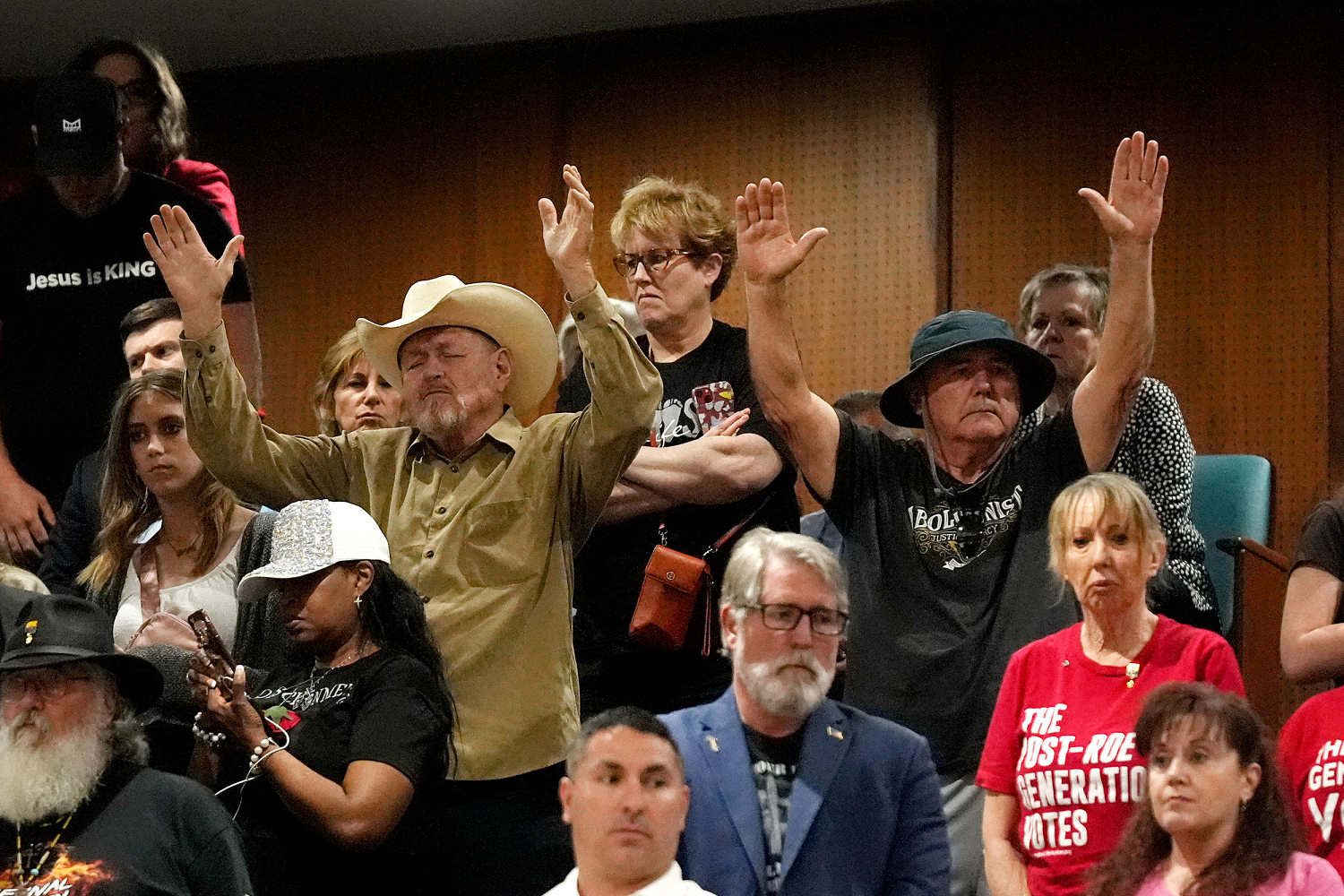When voters delivered a resounding victory to President Trump and the Republican Party last November, they sent another message: for all the talk about “democracy” and “reform,” voters are wary of complicated changes to voting procedures.
Ranked-choice voting failed in every state where it appeared on the ballot. And proposals to revive fusion voting — which lets candidates be listed on the ballot under more than one party — gained little traction.
While these methods of choosing candidates have very real advantages, voters do not seem to have an appetite for major structural reforms and seem to prefer simplicity. This doesn’t mean election reform is a bad idea: only 18 percent think that democracy is working “very well” in America. That’s why there’s a much simpler reform that could give voters more choice and improve outcomes without as much confusion: repealing sore loser laws.
Sore loser laws, on the books in all states other than Connecticut, New York and Iowa, prevent candidates who loses their party primaries from appearing on a general election ballot. These laws were meant to strengthen political parties, limit confusion and prevent vote-splitting. In practice, however, they tend to entrench party insiders and empower extreme activist groups. And they make a difference: one major 2014 study found that they were a principal cause of Congress’s ever-deeper polarization over the past few decades.
Sore loser laws lock in bad primary decisions made by small groups of voters (only about 20 percent take part in primaries) and leave no room for the majority to overrule a vocal minority. Repealing them gives voters more choices in November, particularly when primaries produce unrepresentative nominees.
Repealing sore loser laws offers clear benefits to voters and parties alike. In Missouri’s 2012 Senate race, incumbent Democrat Claire McCaskill faced a tough reelection fight in an increasingly red state. Rather than wait to see which Republican would emerge, she actively worked to choose her opponent, running ads during the Republican primary that “attacked” Todd Akin as “too conservative” in terms intended to appeal to Republican primary voters. It worked. Once Akin won the nomination, he self-destructed with offensive comments about “legitimate rape.” McCaskill cruised to victory in a seat Republicans should have won.
More recently, in 2022, Rep. Liz Cheney (R) lost her Republican primary in Wyoming after taking a principled stand against Trump. Polls showed she had substantial support among independents and even Democrats. But thanks to Wyoming’s sore loser law, she couldn’t run as an independent in the general election — even though a significant portion of the electorate likely would have supported her. The result is that Congress lost someone who would have been an interesting conservative independent voice.
Democrats, too, have paid the price. In Massachusetts’ 2010 special election for U.S. Senate, state Attorney General Martha Coakley won the ...














